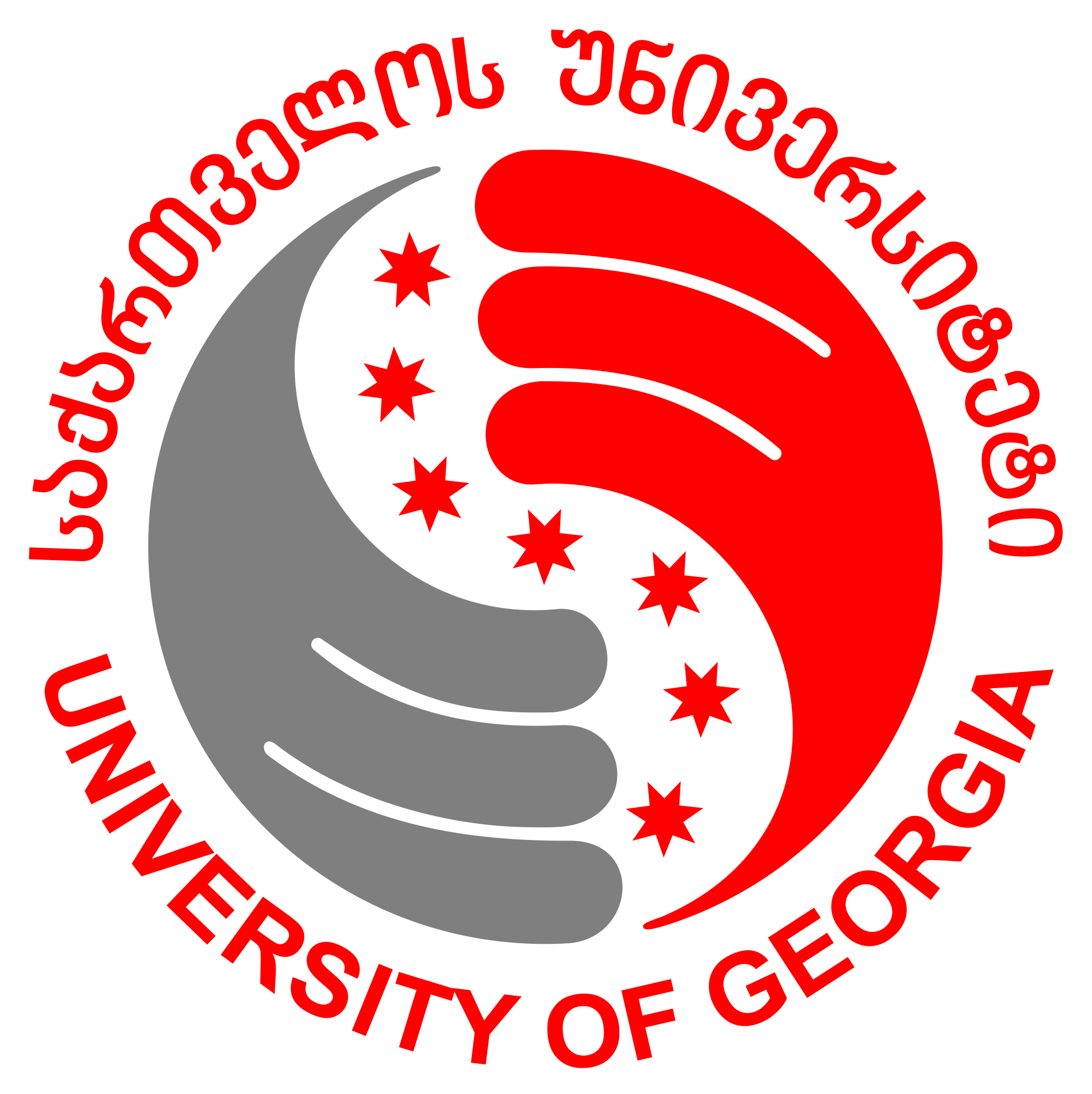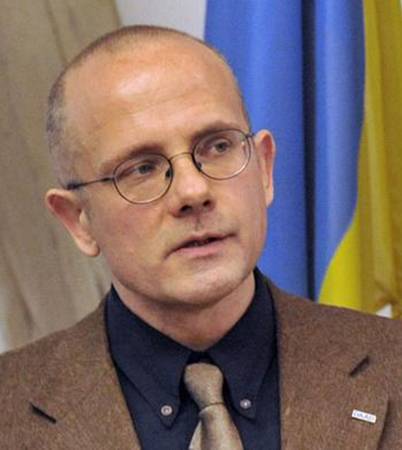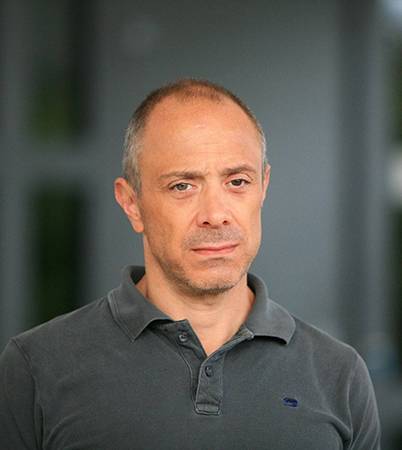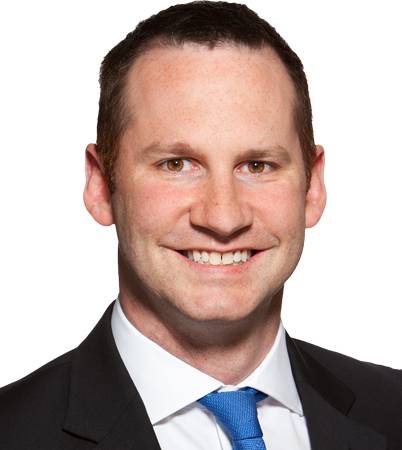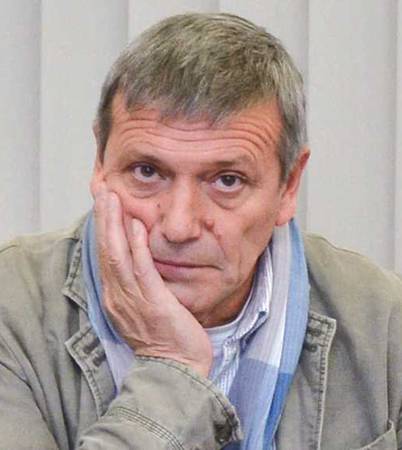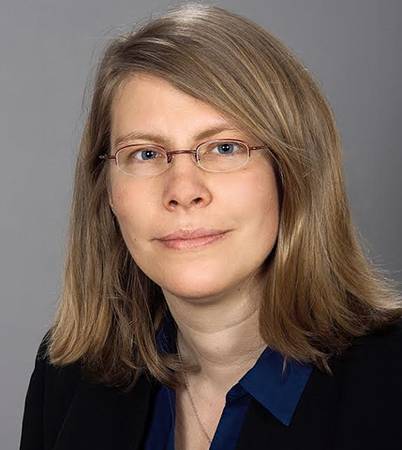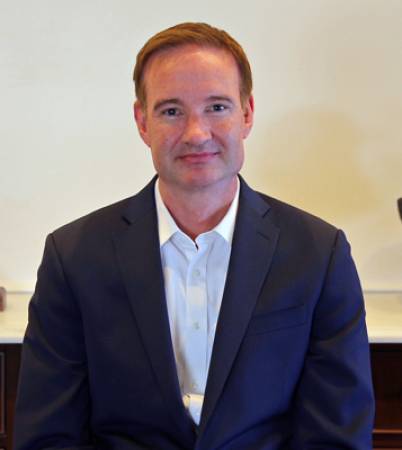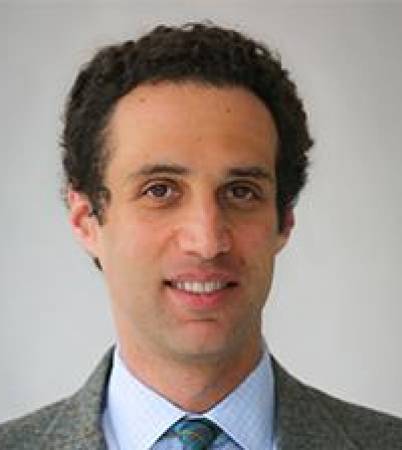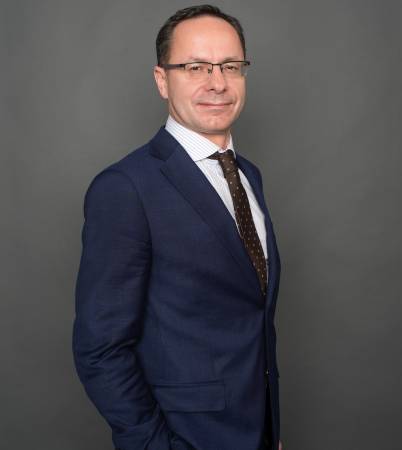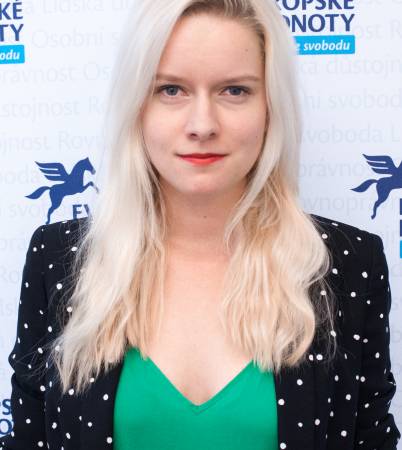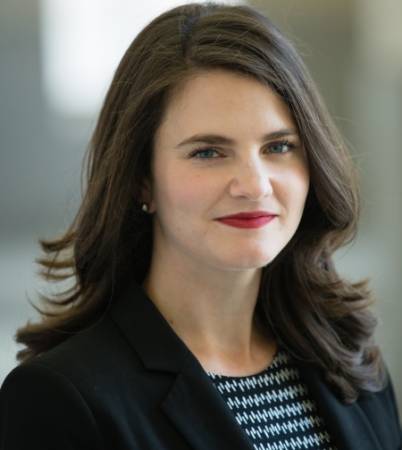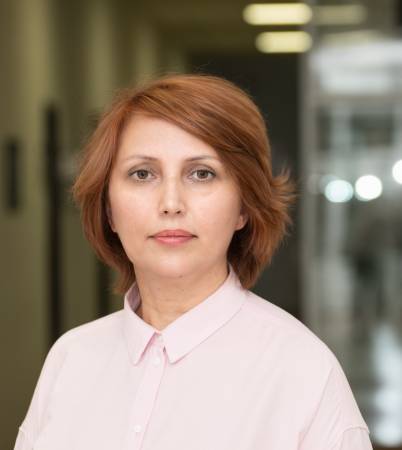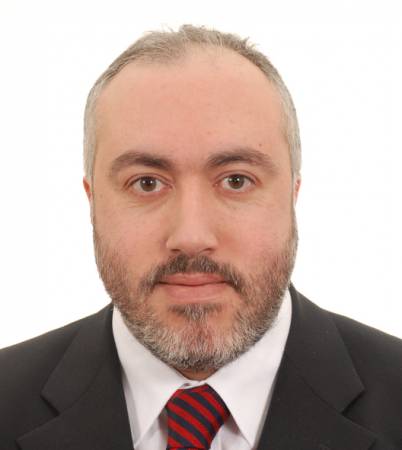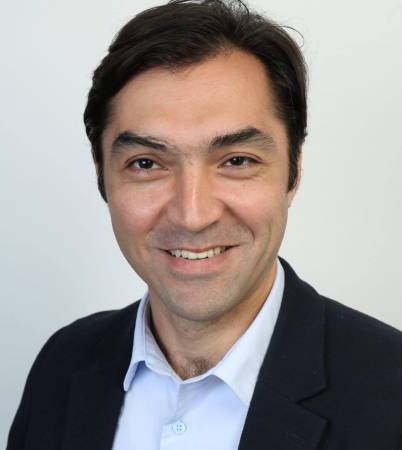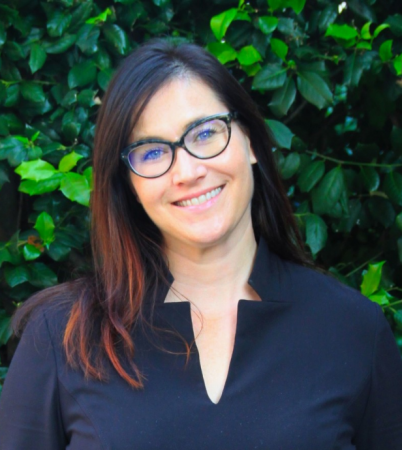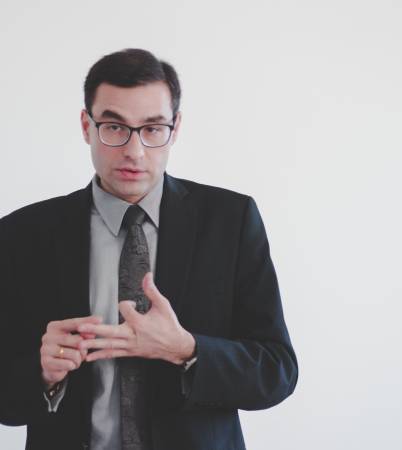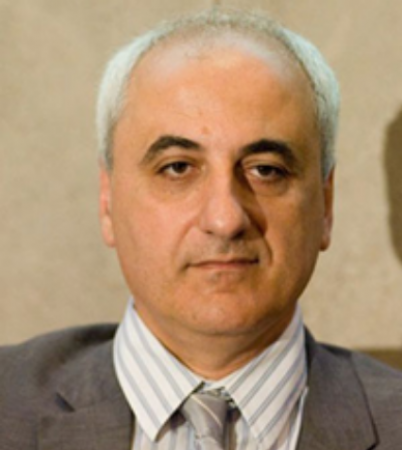
About The Conference
Organized by: University of Georgia and New Economic School-Georgia , Tbilisi, Georgia
Deadline for abstract submission: February 28, 2019
Deadline for detailed version: April 5, 2019
Deadline for final selection and notification: April 15, 2019
SCOPE & CONCERNS: This conference focuses on Russia’s revisionist strategy and her quest at re-gaining political and economic control in the former POST-COMMUNIST republics. Long before Putin’s regime-initiated rapprochement with the West, the Kremlin conventionalized a foreign policy aimed at economically and politically re-gaining control within this vital sphere of influence, the so-called “near abroad.” Russian revisionist strategy aims to undermine the existing international order, as witnessed in its systematic and hostile foreign policy against the United States and Europe. As a revisionist power, Russia represents a threat and destabilizing power not only to western secular liberal democracies, but most noticeably for post-communist countries. Today, the Kremlin furtively applies an arsenal of methods of influence, including political intimidation, economic pressure, disinformation, and “hybrid” military activities that limit and impede the political, economic and institutional integration of the former POST-COMMUNIST republics with the West. Such stealth like tactics employed by the Kremlin have already damaged the confidence of legitimate institutions within established western democracies. Therefore, the causal relationship between the Russian "footprint" (in particular the economic one) and the nature of domestic political decision-making and influence in the post-communist countries, where deeply rooted and well-functioning democratic institutions are still in their embryonic forms, becomes a critical question. This conference provides an ideal academic platform for academics, NGO’s, think tanks, and civil society experts to present their research exposing and examining various destabilizing Russian provocations in the post-POST-COMMUNIST republics. Participants and contributors are invited to discuss and present all aspects of such malignant Russian infiltration – transparent and non-transparent – that further the Kremlin’s goal of solidifying and expanding a Russian “footprint” in the “near abroad.”
